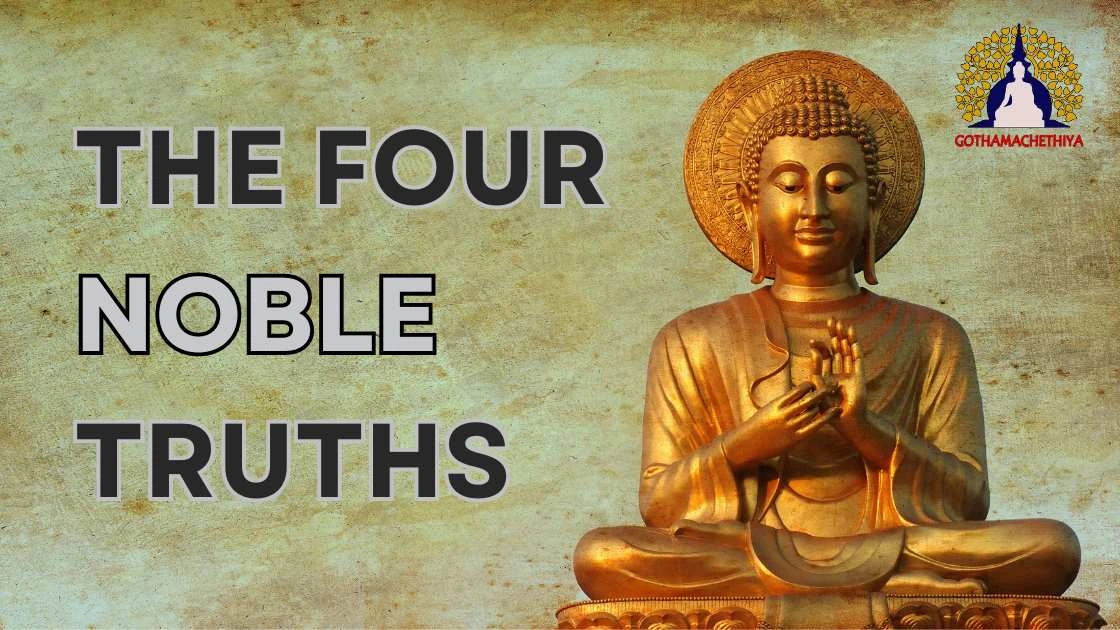By Ben Chang and George Soko, Malawi
The Buddha, through his limitless, immeasurable, boundless compassion and loving kindness, revealed them to us for our own benefit. The Buddha wishes that all sentient beings should perfectly understand these teachings, but due to ignorance, sentient beings fail to realize them and as a result they keep on doing unwholesome deeds that give rise to rebirth now and again. Failure to understand the Four Noble Truths is failure to attain supreme happiness (enlightenment). It needs self-diligence to attain this type of happiness and not rely on someone else; as the Buddha said, ‘rely on one self not others.’ Truth is an English world, which means sacca in Pali. No one has the ability to change this sacca. This is so because sacca is limitless and ultimate. The Four Noble Truths pertain to all sentient beings in this deluded world and they are eternal. These truths are called the Four Noble Truths because they are four in number, they ennoble the defiled one and they are the reality or supreme truths of the so-called being. In Pali, they are called Ariyasaccani.
These truths include:
- DUKKHA (SUFFERING)
- CAUSE OF SUFFERING (DUKKHA)
- CESSATION OF SUFFERING (DUKKHA)
- THE WAY LEADING TO THE CESSATION OF SUFFERING (DUKKHA)
i. DUKKHA(SUFFERING)
The Buddha realized that life is suffering. Suffering can be categorized into mental suffering and physical suffering and can be experienced in many different ways. Examples of physical suffering can be birth, sickness, old age and death. Mental suffering may include stress, worry, discontentment, disharmony, hunger, craving for power and contact with enemies, loneliness, fear, hatred, etc. All sentient beings are subject to all these types of uffering. Contact with disliked ones is suffering because no one wants to meet someone or something that he does not like.If he meets them, he feels unhappy and develops hatred or an evil mind while trying to eliminate or run away from them. Though I have said that life is suffering, it does not mean that there is no happiness or pleasure in the world. Happiness and pleasure exist, only that they are impermanent and do not last for long. The happiness that we experience in this world is a fake, fleeting happiness; it just deceives us. This type of happiness cannot make us attain supreme happiness or everlasting peace; instead, it increases our craving, desires, attachment and unsatisfactoriness

14 thoughts on “The Four Noble Truths”
Comments are closed.